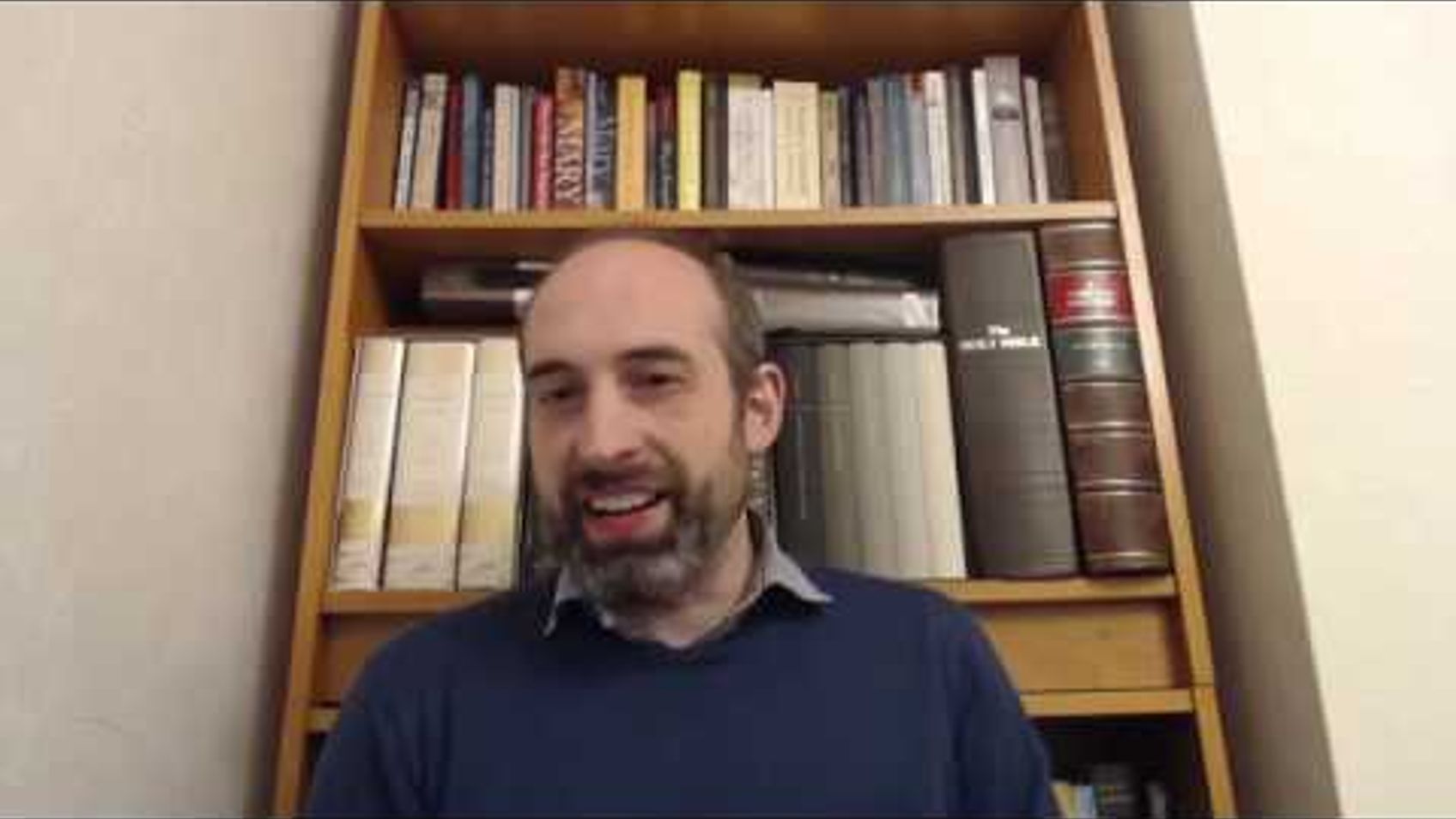Q&A#117 Why Did David Take Five Smooth Stones?

Today's question: "In your video on numerology, you said that we should pay attention to the presence of very specific numbers in surprising places. One possible example I'd like for you to discuss is the five smooth stones of 1 Samuel 17:40. Why be so specific about FIVE stones, when he only ended up using one? And is there any point to the other peculiarly specific details here?"
You can see the numerology video I mention here: https://www.youtube.com/watch?v=Zi5XB-qQ448.
My blog for my podcasts and videos is found here: https://adversariapodcast.com/.
If you have any questions, you can leave them on my Curious Cat account: https://curiouscat.me/zugzwanged.
If you have enjoyed these talks, please tell your friends and consider supporting me on Patreon: https://www.patreon.com/zugzwanged. You can also support me using my PayPal account: https://bit.ly/2RLaUcB.
The audio of all of my videos is available on my Soundcloud account: https://soundcloud.com/alastairadversaria. You can also listen to the audio of these episodes on iTunes: https://itunes.apple.com/gb/podcast/alastairs-adversaria/id1416351035?mt=2.
More From Alastair Roberts






More on OpenTheo















